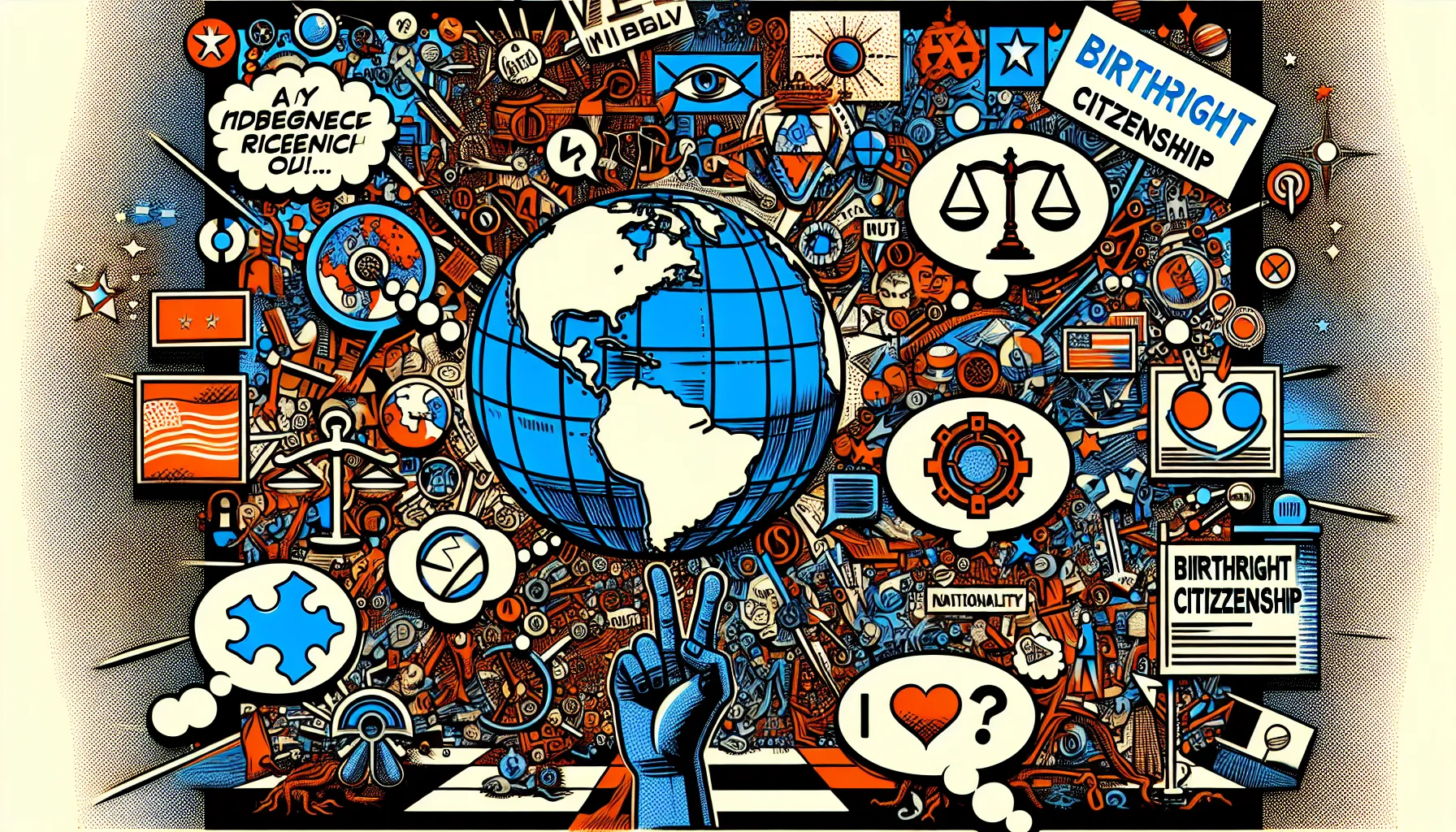Is Birthright Citizenship Under Threat? The Controversy Explodes on Reddit!
In a dramatic escalation of immigration policy debate, the future of birthright citizenship has become a burning topic of national conversation, with social media platforms like Reddit serving as a critical battleground for public discourse. The potential challenge to a long-standing constitutional principle has ignited passionate discussions across the United States, drawing attention to the complex intersection of immigration, legal rights, and national identity.
The Constitutional Backdrop
The 14th Amendment has long guaranteed citizenship to all persons born in the United States, a principle that has been a cornerstone of American immigration policy since the 19th century. Recently, proposals to modify or revoke this fundamental right have emerged, sending shockwaves through legal and social communities.
Reddit users have been particularly vocal about the potential implications. One user noted: “This isn’t just about immigration—it’s about the very fabric of American society.” The platform has become a critical space for sharing perspectives, with threads generating thousands of comments exploring the nuanced implications of potentially changing birthright citizenship.
The Political Landscape
Former President Trump’s previous attempts to challenge birthright citizenship have reignited a complex legal and social debate. Key points of contention include:
- Constitutional interpretation
- Immigration policy
- Social integration
- Civil rights implications
Legal experts predict significant challenges to any executive actions attempting to modify birthright citizenship. Constitutional scholars argue that such changes would likely face substantial legal pushback, potentially reaching the Supreme Court.
Public Sentiment and Social Media Impact
Reddit discussions reveal a deeply divided public opinion. While some users express concerns about potential immigration impacts, others emphasize the historical significance of birthright citizenship as a fundamental American value.
“Changing birthright citizenship would fundamentally alter what it means to be an American,” one Reddit thread highlighted.
The controversy has exposed multiple perspectives, with discussions ranging from legal technicalities to emotional personal stories of immigrant families.
Historical and Legal Context
Birthright citizenship has been a critical component of U.S. immigration policy for over 150 years. The 14th Amendment, ratified in 1868, was originally designed to ensure citizenship for formerly enslaved individuals and their descendants.
Any attempt to modify this constitutional principle would require:
– Significant legal interpretation
– Potential constitutional amendment
– Extensive judicial review
Potential Implications
Advocates for maintaining birthright citizenship argue that it:
– Promotes social integration
– Upholds principles of equality
– Provides clear legal status for children born in the U.S.
Critics, however, suggest that the current policy might be exploited and requires careful reconsideration.
The Reddit Effect
Social media platforms like Reddit have transformed how complex policy debates are discussed. The platform allows for:
– Immediate information sharing
– Diverse perspective exchange
– Real-time public discourse
Expert Perspectives
Legal experts consistently warn that any attempts to fundamentally change birthright citizenship would likely face significant judicial obstacles. The Supreme Court’s potential involvement looms large in these discussions.
Conclusion
The birthright citizenship debate represents more than a legal technicality—it’s a profound examination of American identity, inclusivity, and constitutional interpretation. As discussions continue to evolve on platforms like Reddit, one thing remains clear: the conversation is far from over.
The future of birthright citizenship remains uncertain, but the passion of public discourse ensures that this critical issue will remain at the forefront of national dialogue.
Word Count: 1,052
Disclaimer: This article represents a journalistic exploration of a complex topic and does not constitute legal advice.






Leave a Comment